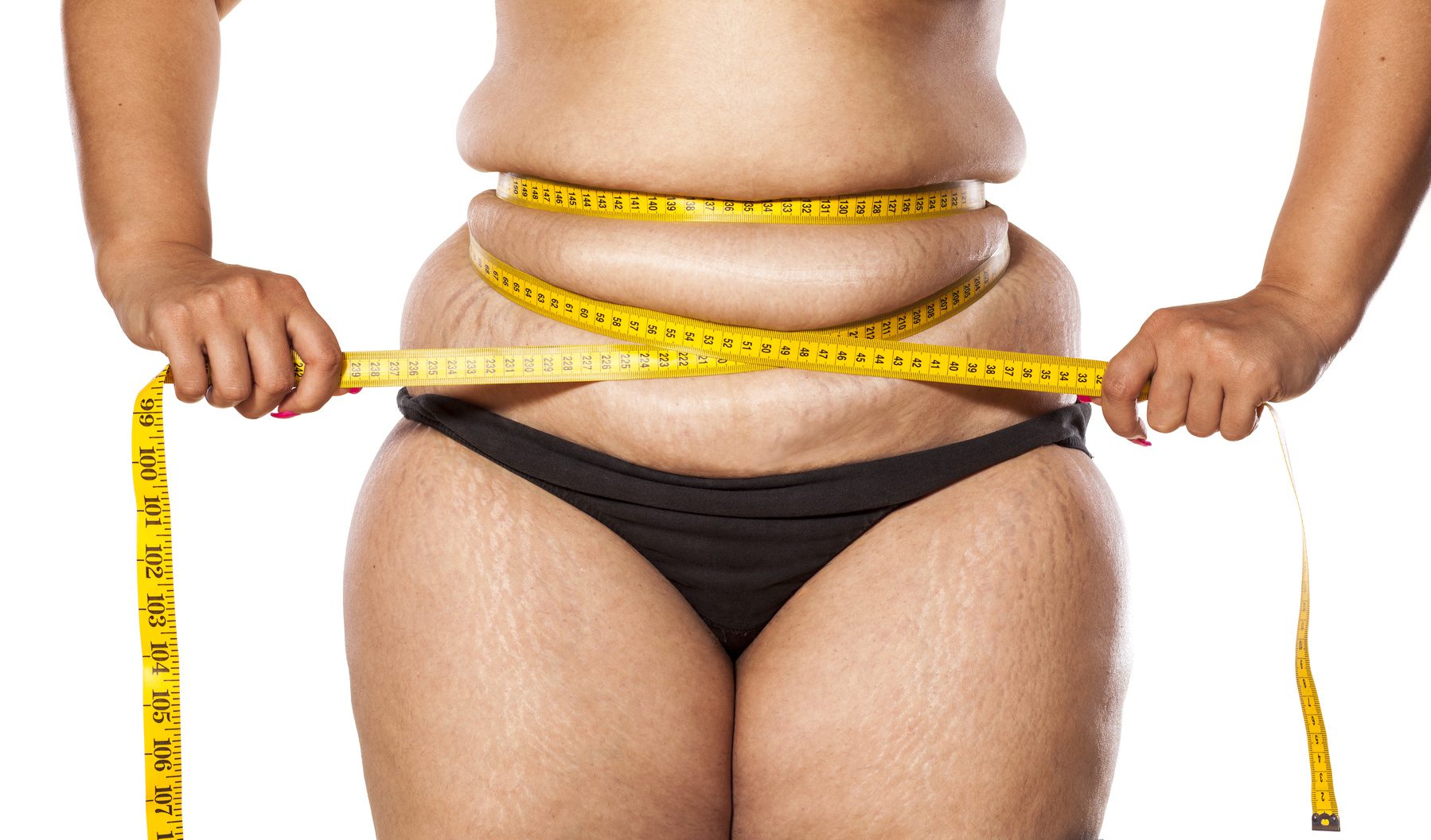In our culture today, it seems that far too many people tolerate, or even get behind, the idea of bodyshaming.
If you go on YouTube or Google and simply type in “Bodyshaming” or “Fatshaming,” tons of results will pop up. Of course, many of these people speak out against the horrendous habit of bodyshaming, but other videos and articles seem to promote this type of behavior. Telling someone that they look too fat or skinny can lead to a person having low self-esteem, even making them harm themselves.
With the advent of media outlets, people can post pictures or videos of themselves all they want. This will inevitably result in both positive and negative opinions, but the hurtful words can do more damage than you would think. With cyberbullying on the rise in almost every part of the world, it is our job to come together as one united tribe, rather than people divided over our own egotistical opinions.
Below are 5 reasons why we, as a society, need to stop bodyshaming for good:
In any fashion, bodyshaming is simply not okay. If it doesn’t feel good when people call you out for your weight, height, shape of your nose, or any other feature about you, then it won’t make someone else feel good when you engage in this behavior.
1. It does absolutely nothing positive for yourself or anyone else.
Can you think of one good thing that comes out of putting someone else down? Exactly. By calling someone fat, too skinny, ugly, gross, or any other negative adjective, it only creates hostility and animosity between you and other people. Bullying never solves any issues or invites people to change their lifestyle, so you need to investigate a different approach. If you’re worried about someone’s health, by all means, you have a right and duty to speak up.
However, you can express your concerns without coming across as cold, tactless, or downright disgusting. You could suggest certain lifestyle changes, such as eating better or exercising more, with the emphasis on the person feeling better, not losing or gaining weight. After all, the best measure of health comes from how we feel.
Telling someone they look horrible in their clothes or that they need to lose 50 pounds does nothing for the person except make them insecure. Lift people up by acting like a caring person who wants to see them thrive, not bring them down by pointing out their every flaw.
2. Bodyshaming further divides people.
If you want to make friends with someone, bodyshaming is a surefire way to turn them into an enemy instead. We have enough division in our world already; we don’t need any more from people’s out of control egos telling people how they should live their lives. With social media and news outlets, people are constantly under fire for how they look or what they wear, but this needs to change. It creates an incredibly superficial, vapid society run on sensationalist news and shallow headlines, not to mention, it can totally destroy friendships. Whether you know someone or not, it is not your job or your place to scrutinize someone’s body.
Chances are, if someone needs to lose or gain weight, they already know this. Pointing it out will do nothing new for them; just support them and lend a helping hand if they ask. Bullying creates separation, while compliments and support build community.
3. It can actually ruin someone’s life if taken to the extreme.
Frequently bodyshaming someone can absolutely destroy someone’s self-esteem, making them feel as if they have no worth or purpose in this world. Of course, everyone can choose if someone’s opinions will affect them or not, but dealing with constant negativity can take a toll on anyone eventually. How would you feel if someone started starving themselves, or, at the extreme, took their own life because of something you said to them? Your words are powerful, and people do listen, despite what you may think. Words can either hurt or heal people, and you hold that power in your own hands.
Young children and teenagers are especially vulnerable to bullying, and you hear stories all the time of teenagers committing suicide because they got bullied for being gay, transgender, fat, skinny, etc. Choose not to contribute to bullying; it just might save someone’s life.
4. Bodyshaming can lead to eating disorders.
For someone with low self-esteem, hearing how fat or skinny they are can trigger eating disorders. Eating disorders, especially anorexia, have the highest mortality rate of any mental illness in the world. We do not need to criticize or monitor everything someone eats and constantly attack them for their weight. Eating disorders are serious conditions, and bodyshaming can easily make a recovering anorexic or bulimic relapse into their ED. Eating disorders never truly go away, they just become easier to manage over time. If you know someone with an eating disorder, offer them compassion and support, instead of engaging in bodyshaming.
5. It perpetuates a shallow, superficial society.
Why does it matter so much what people look like? It doesn’t, because underneath these temporary skin suits, we all have incredible souls that come from the same stardust. We all are one family, so we need to start acting like it. Fat, skinny, black, white, Muslim, Christian..it doesn’t matter. All of these are simply labels we give ourselves in this life, but we have the ability to move past the labels and create a much more meaningful, compassionate world. Try seeing someone as the light that shines from within, not just the shape and color of their skin.



















